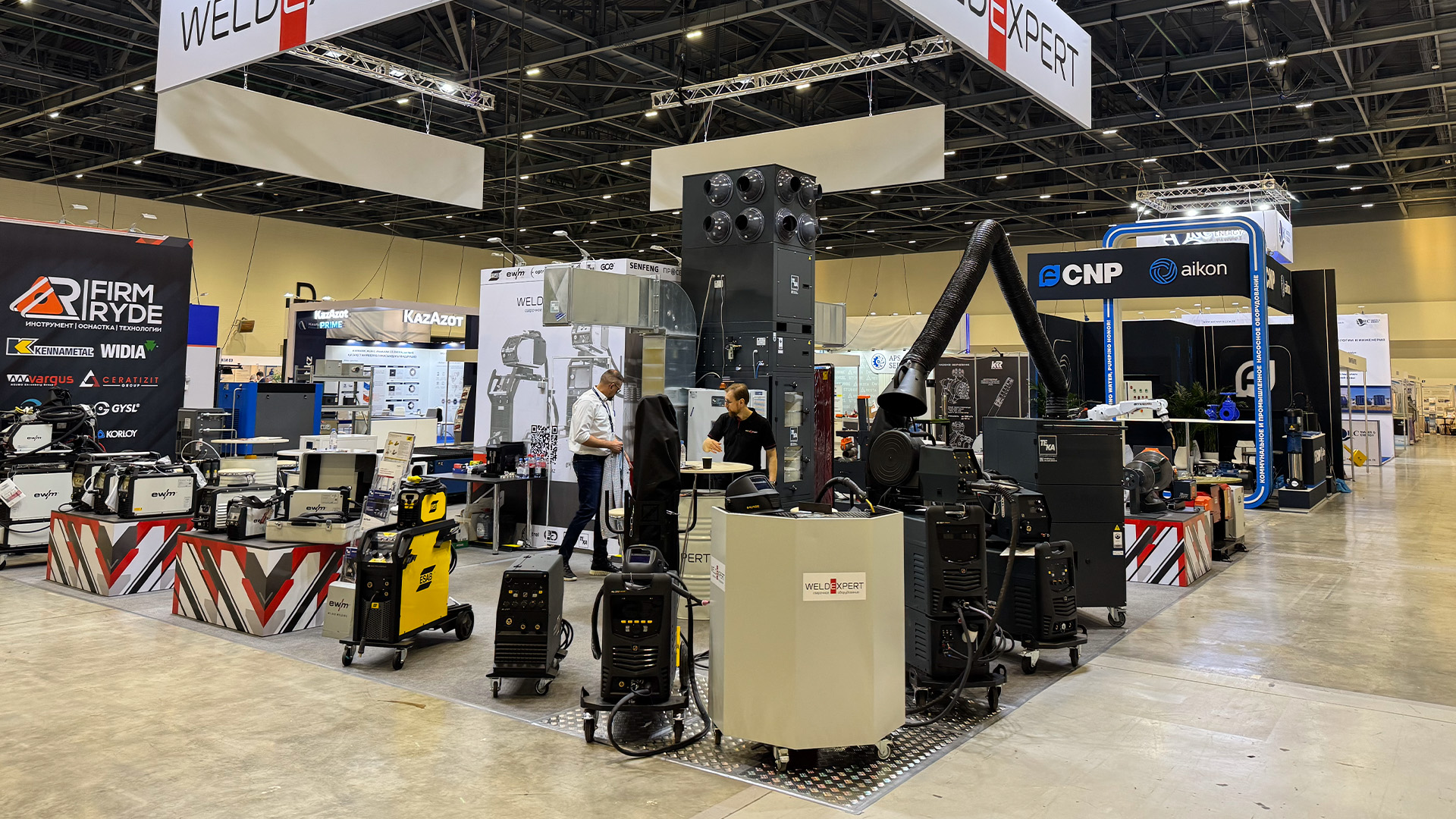ASTANA ( WNAM MONITORING): The 12th Kazakhstan Engineering Forum kicked off on April 24, bringing together over 1,500 industry leaders, government officials and international partners from at least 20 countries to discuss the sector’s progress and future development.
The forum served as a key platform to present strategic initiatives to modernize Kazakhstan’s engineering industry, which saw a 10% growth in 2024 and an additional 17% increase in January-March, according to Prime Minister Olzhas Bektenov.
Bektenov delivered a message from President Kassym-Jomart Tokayev highlighting the sector’s critical role in Kazakhstan’s sustainable economic growth, reported the Prime Minister’s press service.
“In recent years, the share of the engineering sector in the manufacturing industry rose from 13% to 19%. In 2024, output reached 4.6 trillion tenge (US$10.2 billion),” he cited.
Kazakh officials presented a roadmap for robotics development and outlined new tax incentives to support innovation and local manufacturing. Bektenov said these steps are part of broader efforts to build domestic competencies and ensure global competitiveness.
During the plenary session, industry experts discussed the challenges related to raw material supply and securing financing. Karlskrona LC AB General Director Talgat Alpysbaev called for reforms in the distribution of raw materials and more long-term loans for companies implementing high-tech projects. Hyundai Motor Company announced plans to expand localization in Kazakhstan, and Chinese companies expressed interest in launching joint ventures with local partners.
Running through April 25, the forum is held in parallel with the Kazakhstan Machinery Fair 2025 at the EXPO International Exhibition Center, which features more than 300 companies from countries including China, Germany, Italy, South Korea and Switzerland.
Additionally, the forum hosted a session focused on the development of railway engineering. Participating companies, including Railways Systems KZ and Wabtec Corporation, presented solutions on developing locomotives powered by alternative energy sources and import substitution.


